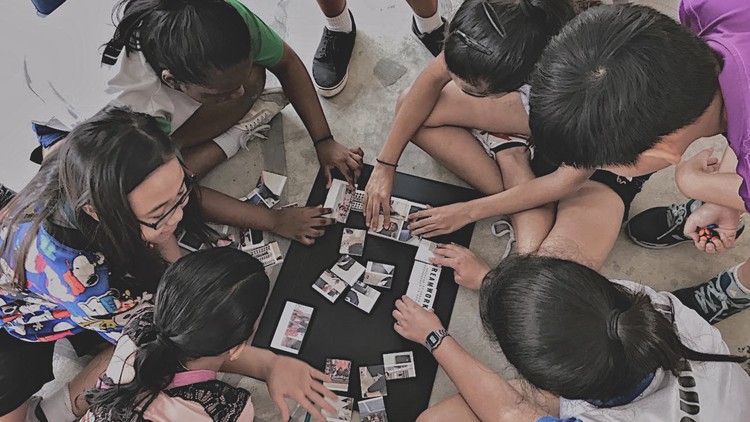
Youths’ Volunteers and Mentors Training
☑ Tips and tools for youth engagement
☑ Role of a mentor
☑ Understanding the frameworks of Positive Youth Development and the Mentoring Cycle
☑ Understanding different types of youths
☑ Knowing the protocols and boundaries in the Youth Mentoring Programme
In this learning journey, you will be equipped with knowledge on how to engage youths effectively using Positive Youth Development as an overarching framework. By understanding the theories such as Erik Erikson’s stages of psychosocial development and Maslow’s Hierarchy of Needs, you will better understand why and how youths behave in certain ways. The Positive Youth Development framework allows you to know what important values and elements to nurture the youths holistically. You will also get the chance to see what are the different types of youths you might meet and learn the tips and tools to engage them in a meaningful manner. In addition to the techniques of building rapport and conversations with the youths, it is also important to practice active listening.
For participants who are joining as mentors, you will be further engaged in knowing your role as a mentor and the different phases of the mentoring cycle. This provides you a step-by-step guide in mentoring the youths in a safe and meaningful way. Lastly, you will need to know the protocols and boundaries when you are serving as a volunteer or mentor. This ensures that you interact with the youths in a safe and appropriate way.
English
Language
Introduction
Content
Introduction
Volunteers’ Training
Positive Youth Development
Erik Erikson’s Stages of Psychosocial Development
Fundamentals of Rapport Building
Active Listening and Non-Verbal Communication
Mentors’ Training
Introduction
Roles of Mentors
Mentoring Cycle
Different Types of Youth
Protocols and Boundaries
Protocols and Boundaries
Quiz
Volunteer’s Quiz
Mentor’s Quiz